Khodorkovsky
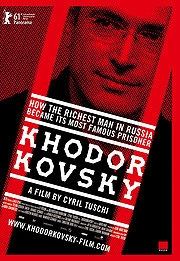
When Khodorkovsky premiered at last year’s Berlin Film Festival, the final cut of the film was stolen from the promotions office just before its scheduled showing date. Having fought tooth and nail to get his film made in the first place, director Cyril Tuschi was more than ready for unexpected last-minute hiccups – he had another copy to hand and the screening went ahead as intended. After initial plans for a country-wide Russian release, theatre after theatre suddenly decided against showing it – without citing a reason – leaving Tuschi’s plans for national exposure in tatters. Needless to say, it would seem there are certainly a few people who would prefer it if this film didn’t exist.
Mikhail Khodorkovsky’s story is undeniably fascinating. Currently residing in a bloody horrible Siberian prison for stealing billions of dollars worth of unpaid taxes, at first glance it may seem that his is a tale of arrogant greed and little else. But over the last few years there have been stirrings that this is a case not about a punishable crime, but rather a politically motivated removal of power at the request of president Vladimir Putin. Amnesty International believe his detainment is purely political, his sentence gets extended every time he is up for parole, and the more that is asked about the crimes he is supposed to have committed, the more ridiculous they seem. Documentary director Cyril Tuschi certainly isn’t the first person to ask what on earth is going on, but he might be the person most determined to get to the truth of the matter.
Industriously working his way up Russia’s food-chain by building small business after small business, Mikhail Khodorkovsky founded one of Russia’s first privately owned banks, Menatep when he was just 26 years old – a company that would make him a millionaire. But in order to become the richest man under 40 in the world (which, it turns out he totes intended on being) he needed a lot more clout – clout that came in the form of a very dodgy deal indeed. In the crazy world of the free market 90s, Gorbachev’s Perestroika ensured that the most profitable Russian state companies were sold on the cheap to exceedingly Russian business men – after all, the government had absolutely no intention of allowing foreign powers to gain the political or economic upper hand.
Selling the desperately profitable oil company Yukos to Khodorkovsky for a dirt cheap price was a morally dubious move, but one that ensured dizzying success for the young businessman. But as Khodorkovsky’s power grew, so did his objections with the very system of governance that made him a billionaire. Publicly proclaiming himself on the side of the opposition, funding and running free programmes for Russia’s youth and stating openly that president Putin’s regimes were undemocratic and corrupt – to many people it seemed clear that Khodorkovsky was moving towards challenging the controlling forces of the country. But them’s the kind of words that gets a Soviet man arrested, and in July of 2004, that’s exactly what happened.
Tuschi has one hell of a job on his hands. A German film-maker trying to navigate the dangers of exposing corruption at the very top of the Russian Government – it’s quite amazing that he’s managed to get any material that wasn’t just “erm… Putin rulez OK!” The problem with his documentary, invariably, is that the people willing to talk about what happened are those well away from the scene of the crime – Khodorkovsky’s contemporaries, most of whom are now on the other side of the world and bound to be biased in the businessman’s favour. Gaps where the other side of the argument might be are filled with slightly bizarre animations, sweet but fairly pointless interviews with his son and, at one point, a totally random shot of Dostoevsky. Russians eh? Get em all in there.
There’s absolutely no doubt that this is a brave, well-researched documentary that needs to be seen, but it could be that there’s more to be gleaned from the information denied us that that which we’re shown. Tuschi tries his level best to get answers from head government officials, from Putin as well as from Khodorkovsky himself, but as we watch scene after scene of doors being slammed in his face, of meetings re-arranged and of circular phone conversations, the only secure conclusion that can really be drawn from his final result is that the truth, whatever it is, has yet to be uncovered. Go, watch, but be prepared to come out with more questions than answers.




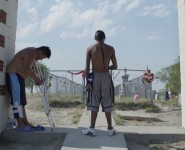
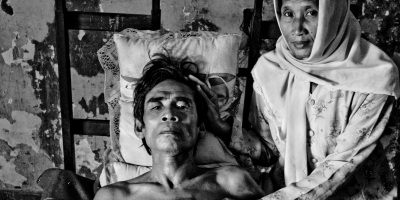
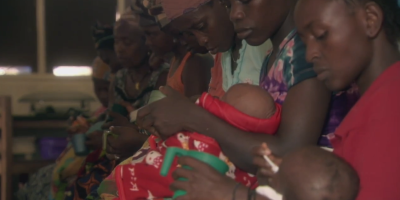
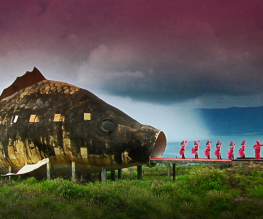
Recent Comments